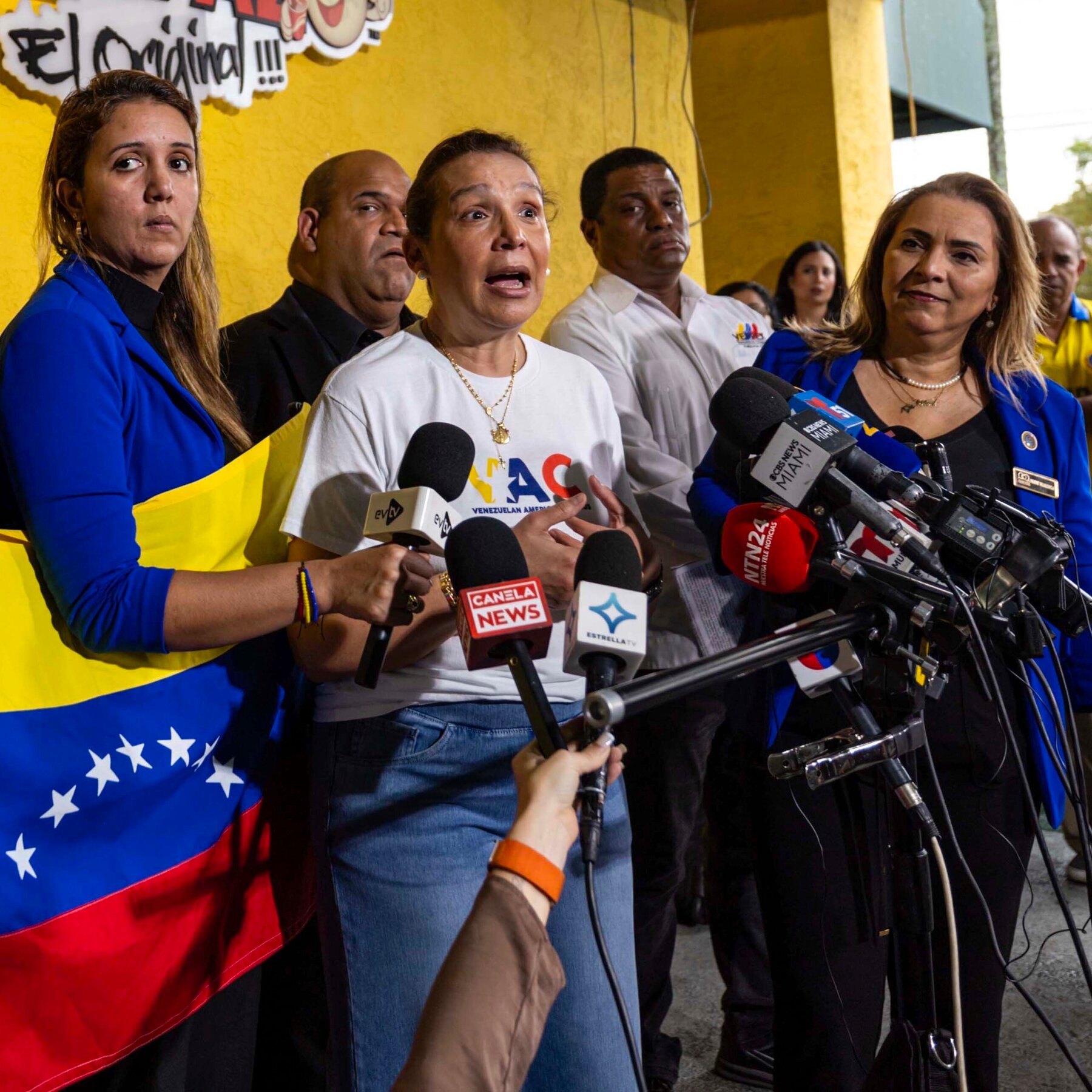The Supreme Court has authorized the Trump administration to rescind deportation protections for more than 300,000 Venezuelan immigrants. This decision signifies a pivotal moment in U.S. immigration policy, potentially affecting the futures of thousands of families across the country.
Supreme Court Lets Trump Revoke Deportation Protections for Venezuelans

Key Takeaways:
- The Supreme Court ruled in favor of the Trump administration’s plan to end deportation protections.
- Over 300,000 Venezuelan immigrants stand to lose their protected status.
- The ruling marks a potential shift in U.S. immigration policy and enforcement.
- The move has sparked discussion on the scope of executive power regarding immigration.
- The decision was originally reported by The New York Times on October 3, 2025.
Court’s Ruling
The Supreme Court has allowed the Trump administration to proceed with its plan to end deportation protections for Venezuelans. The decision comes after a series of legal challenges, ultimately giving the administration the authority to revoke the protections that shielded many Venezuelans from removal proceedings.
Background on Protections
Despite repeated efforts to maintain comprehensive safeguards, the Trump administration has aimed to dismantle these provisions for more than 300,000 Venezuelan immigrants. The original protections were introduced to offer temporary relief from deportation, yet they became a central point of contention in the broader debate over immigration laws.
The Affected Population
An estimated 300,000 Venezuelan nationals face uncertainty in the wake of the Supreme Court’s decision. For many, these protections had provided a sense of security and stability while navigating complex U.S. immigration processes. Now, the possibility of deportation raises concerns for families and communities across the country.
Implications for U.S. Immigration Policy
The Court’s ruling marks a significant change in how the executive branch can shape policies related to deportation. Some view the decision as affirming the administration’s authority to re-evaluate existing immigration programs. Others believe it illustrates the vulnerability of temporary protections and underscores the need for legislative solutions.
By taking this step, the Supreme Court has not only influenced the lives of hundreds of thousands of Venezuelan immigrants but also set a precedent for future immigration policy decisions. As these developments continue, the long-term impact on the affected families and the broader U.S. immigration system remains closely watched.











